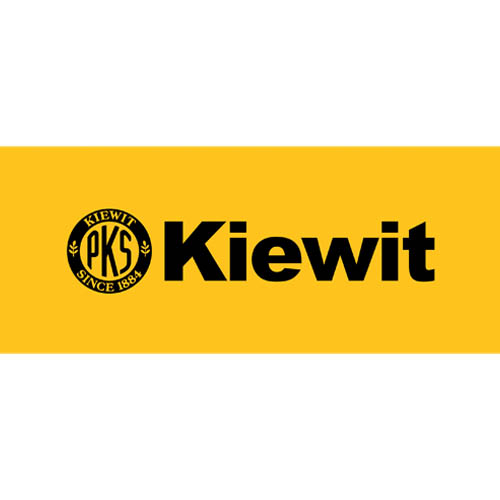
The Problem:
Kiewit Construction, a large construction company, had multiple methods of choosing what bids and RFP’s to pursue. They had a divide between experienced and inexperienced estimators. The company was facing increasingly more rigid constraints on projects that ran over estimated time frames. A need to have a systematic approach to what used to be intuition and experience.


The Solution:
Contemporary Analysis (CAN) built a solution based on previous bid outcomes, bid characteristics, and competing bids. Models were built to suit different markets of operation; Building, Oil & Gas, Chemical, Power, Transportation, Heavy Civil, and Water/Wastewater projects. The system gave every estimator a “stoplight” style score and enabled them to enter the process with more certainty than ever before.
The Results:
- The company saves $1.1 million per year by not pursing projects <10% probability of winning.
- ROI increases as they focus on work on only the more profitable projects.
- Generation of new RFP strategies based on competitors being maxed outon bonding capacity.
- Eliminated “hunch” feelings or distraction from the RFP process

